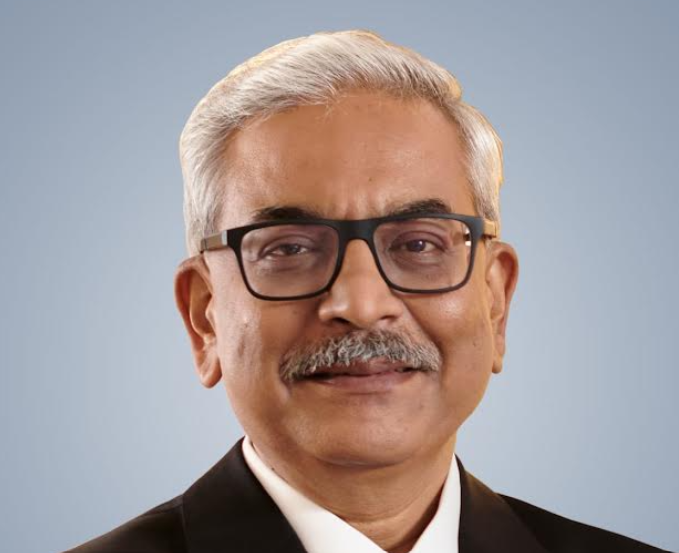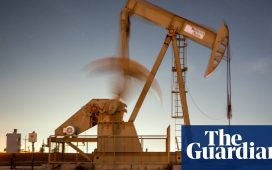1. With the Red Sea disruption, is there a challenge in importing crude oil or any other impact on your business?The Houthi attacks on commercial vessels navigating through the Bab-Al-Mandab Strait since November 19, 2023, have exposed the vulnerabilities in the global supply chain that have remained since the pandemic. Up to 7 million barrels per day (mbpd) of crude, condensate, and refined oil products traverse the critical Bab-al-Mandab chokepoint near Yemen. Several prominent shipping companies, including industry giants like BP and Equinor, have decided to divert from this primary east-west trade route.
The ongoing attacks on shipping vessels by Houthi militants in the Red Sea have not impacted the flow of crude oil to India but freight has gone up due to rerouting via the Cape of Good Hope
In the event the situation escalates, leading to the closure of the Red Sea route, shipments will require re-routing through the Cape of Good Hope. This will lead to an incremental shipping cost due to an extended voyage duration of 13-15 days.
2. BPCL was preparing to launch its Rs 18000 crore rights issue but the government has now revised downward the allocation to OMCs. Will this impact your decarbonization plans? How will you fund the same?
BPCL had announced its intention to raise up to Rs. 18,000 crores through a Rights Issue, subject to market conditions. The final issue size, including the terms of the issue, will be intimated to the stock exchanges, in due course.
3. Other OMCs have created subsidiaries for their green energy businesses. Would BPCL hive off green energy businesses into a subsidiary too? What businesses would it entail?
BPCL has already created a separate BU for Renewable Energy and Hydrogen in 2021 and has created a separate entity for Biofuels in 2023. We have plans to build our green energy business that would comprise of Renewables, Hydrogen, Alternate fuels, etc. as part of the 5-year plan “Project Aspire”. The Green Energy Business landscape is evolving in terms of technological advancements, frequent mergers and acquisitions, and a heightened sensitivity to commercial dynamics. These factors will be considered while finalizing the structure, but notwithstanding this, we will progress with the execution of our plans in this space. We are concurrently evaluating various options for structuring this business viz. subsidiary or JV or continuing as a Business unit.4. Please give an update on BPCL’s green hydrogen plans.
We are implementing Projects like (1) 2.15 TPD (Tonnes per day) (5 MW) Green Hydrogen modular Pilot plant at Bina Refinery in MP, (2) setting up a Hydrogen Refueling Station (HRS) at CIAL (Cochin International Airport) using indigenous water electrolyzer Projects (3) proposing to blend Hydrogen into natural gas pipelines (max. 5 vol%) at Nangal, Punjab and also have entered into various tie-ups viz. (1) With BARC – targeting to develop megawatt scale cost-effective Alkaline Electrolyser for Green Hydrogen production, (2) With Kirloskar Oil Engines Limited – to develop Hydrogen IC-Engine and suitable lubricant formulation for genset application, and (3) With IIT Mumbai – to explore efficient methods of Green Hydrogen Storage and its transportation.
5. What is BPCL doing on the sustainable aviation fuel front?
BPCL has explored various technological options for Sustainable Aviation Fuel (SAF) production, taking into account feedstock availability and the geographic locations of our refineries. Subsequently, we have entered into Non-Disclosure Agreements (NDAs) with technology licensors. Our current emphasis is on co-processing technology using oil-based feedstock. Leveraging our extensive expertise in catalyst development technology, we are collaborating with a provider of OTJ technology.
Moreover, considering the surplus availability of ethanol and its well-established supply chain, we have conducted a technology scan on Alcohol-to-Jet (ATJ) technologies. The goal is not only to reduce energy imports but also to contribute to sustainable and environmentally friendly solutions in alignment with the Net Zero target.
6. There is an expectation of retail fuel price cuts from OMCs due to upcoming elections. Do we see that happening anytime soon? When and how much?
The news reports on price reduction of the retail selling prices of our fuel products are speculative. The global situation remains volatile. Therefore, it would be difficult to comment on when and whether the prices will be changed, at this stage due to the sensitivity of the matter.
7. Mozambique was considered BPCL’s crown jewel in E&P. But the project is facing force majeure. What prospects do you see for BPCL’s E&P division, Bharat Petro Resources? Do you plan to expand E&P given your decarbonisation efforts?
Mozambique:
BPCL through its wholly owned subsidiary had acquired 10% participating interest in the Area 1 Mozambique block in the initial exploration phase. Subsequently approx. 70 TCF of gas was discovered in this block, establishing Mozambique in a prominent position among nations with significant gas reserves. This discovery can support LNG production of approximately 45-50 MMTPA, once all fields within the block are fully developed.
The project had taken the final investment decision for the initial two trains of 6.56 MMTPA each totaling to 13.12 MMTPA. The Project is operated by TotalEnergies – [the world’s second-largest LNG player]
The project suffered a setback due to security issues resulting in force majeure. However, the security situation has substantially improved, and we believe that are well positioned for restart in the near term. One important point to be noted is that, despite the 3-year force majeure period, all the major contracts including EPC, EPCI, LNG Sales, Project Finance, etc. are preserved.
BPRL:
Our upstream subsidiary holds a participatory share in Oil and Gas producing onshore assets in Russia and Lower Zakum, UAE, generating revenue through dividends. Our current share of production, equivalent to our equity stake, stands at approximately 2.7 million metric tons of oil equivalent (MMTOE).
Additionally, the acquisition in Lower Zakum, UAE has provided access to equity oil, which is now being lifted by BPCL group refineries.
BPCL is progressing with the development of substantial discoveries in Mozambique and Brazil, [by committing an investment of Rs 32,000 Crores in next 4 to 5 years. With these developments, the annual production will increase from the current 2.7 MMTOE PA to 5.5 -6 MMTOE PA]. The revenue generation from the current producing assets and these future developments in Brazil & Mozambique will adequately support a balanced asset portfolio.
In pursuit of our E&P strategies, we will continue to assess opportunities that align with our strategic vision, concurrently integrating low carbon solutions into these initiatives. The intent is to strike a harmonious balance between ensuring energy security and advancing sustainability goals.








